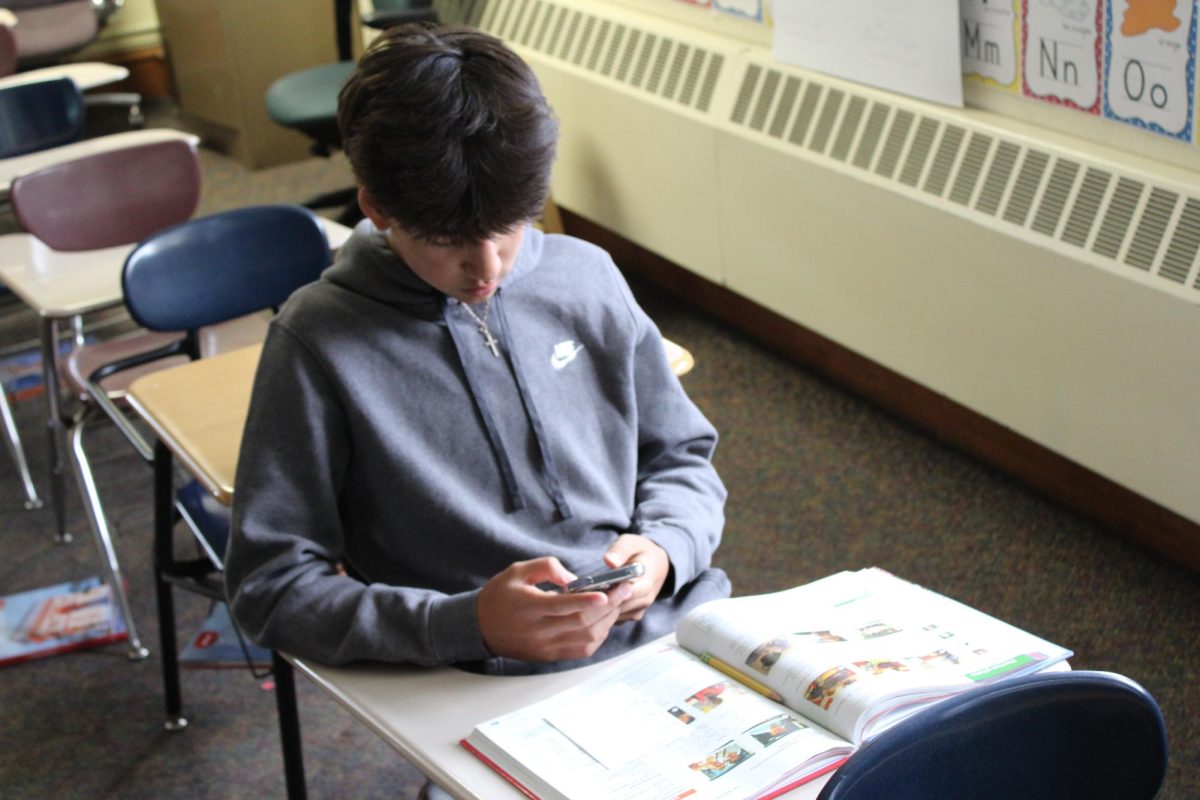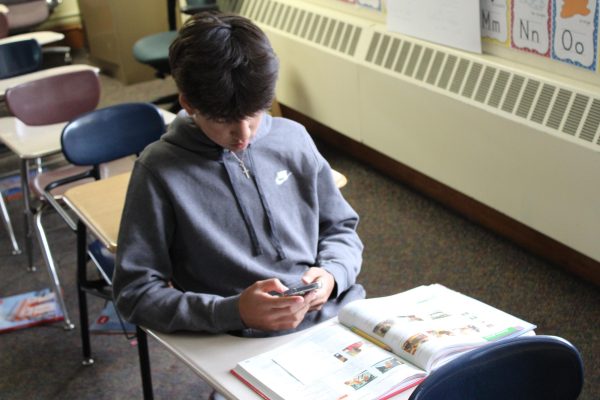Tik Tok addictiveness
TikTok is a popular social media app owned by the Chinese company ByteDance. It serves as a platform that allows content creators to make short videos ranging from fifteen seconds to three minutes. TikTok recommends content to users by ranking videos for them to watch based on a combination of factors, and continues to adapt to the user’s interests depending on how they interact with what is shown to them. The app is entertaining and relieving for many people to use when they are bored. However, some simply cannot close the app once they have begun their prolonged cycle of scrolling.
A large number of users on the social media app are young. Forty-one percent of self-reported Tik Tok users are between the ages of sixteen and twenty-four years old. When realizing how many young users there are, the idea of an algorithm that personalizes and recommends content to a user can become a bit problematic.
Many young people are still searching for their identity, which can make them very impressionable. TikTok videos can become so personalized to an individual that they begin to offer a manipulative and distorted perception of what is considered socially acceptable by others. A young user may not realize that what they are seeing is only catered to them from what an algorithm thinks they would enjoy, regardless of if it is socially or morally correct. Recently, it was reported that high school students from all over the country were engaging in vandalism by stealing and destroying school property, something that spiked from a popular TikTok trend. A young user can be sucked into a cycle of watching these short and hooking videos for up to hours. A lot of people start off with watching a few videos and then completely lose track of time.
Eventually, some users can become so wired to the app that they open it as an escape when they should be doing more important things instead. Some students lose focus while doing homework so they decide to take a short break by going on TikTok. However, it becomes difficult to return back to the homework because they would rather procrastinate for a little bit longer by watching entertaining and relatable videos. Before they know it, thirty minutes or even an hour has passed by and they have made no progress on the homework they originally set to complete. The same applies to when it is time for teens to fall asleep. They spend large amounts of time on the app before bed causing them to lose sleep over it, something many teens do not get enough of. The more impressionable the user, the harder it is for them to close the app. The continuous relatability and prioritization that TikTok can deliver a user in repetitive short bits of time can serve as a platform to create an addiction.
Your donation will support the student journalists of Omaha Central High School. Your contribution will allow us to purchase equipment and cover our annual website hosting costs.

Hi! My name is Charlie and I am a sophomore. This is my first year on The Register and I am very eager to be here. In my free time I like to listen to...






















